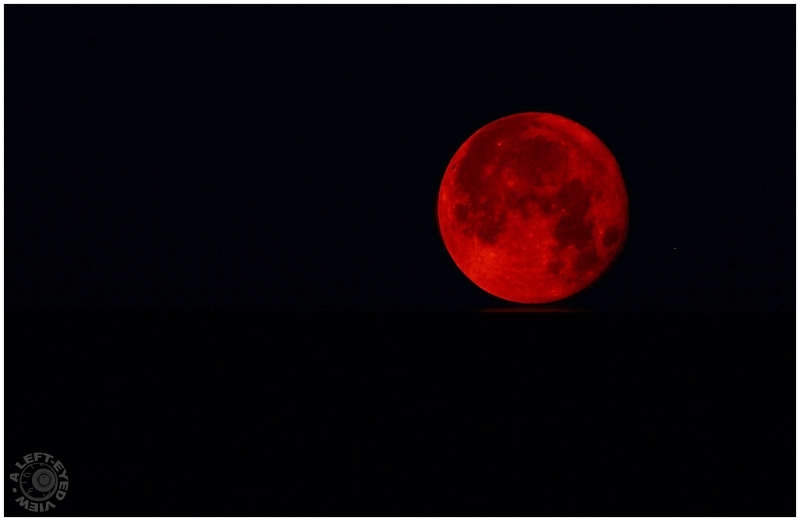Delta Force
Banned
I'm referring more to the cultural impacts of the Soviets being the first to orbit/land on the Moon, as opposed to the often discussed technical and crew aspects.
The Space Race was a major event in the lives of many people who lived through the era, with Sputnik, the early manned missions, and the lunar landing being especially prominent, at least in the United States. Apollo 8 (first lunar orbit) and Apollo 11 (first lunar landing) were given extensive media coverage and are still prominent in American (and likely global) culture. The Moon landing is also notable for Neil Armstrong giving a politically neutral speech, and despite planting a flag the United States has never made a claim to the Moon, simply declaring it to be part of the common heritage of humanity. It's also notable for being broadcast live, at least in the West, while the Soviets gave muted coverage.
So, what would it have been like if the Soviets had been the first to orbit and land on the Moon? Would it have been seen as an exciting moment in human history, or would it have been a proud moment for the Soviet Bloc and a moment of intense national doubt and fear for the rest of the world (especially the West)? Would it have had an impact on the relative standing of the Soviet Union/communism and the United States/capitalism in the world? Would the Soviets had issued a speech proclaiming the glories of the Soviet Union and communism, perhaps even claiming the Moon? Would the Soviets have broadcast live television and/or radio of the landing or have otherwise recorded the events for posterity - and propaganda?
The Space Race was a major event in the lives of many people who lived through the era, with Sputnik, the early manned missions, and the lunar landing being especially prominent, at least in the United States. Apollo 8 (first lunar orbit) and Apollo 11 (first lunar landing) were given extensive media coverage and are still prominent in American (and likely global) culture. The Moon landing is also notable for Neil Armstrong giving a politically neutral speech, and despite planting a flag the United States has never made a claim to the Moon, simply declaring it to be part of the common heritage of humanity. It's also notable for being broadcast live, at least in the West, while the Soviets gave muted coverage.
So, what would it have been like if the Soviets had been the first to orbit and land on the Moon? Would it have been seen as an exciting moment in human history, or would it have been a proud moment for the Soviet Bloc and a moment of intense national doubt and fear for the rest of the world (especially the West)? Would it have had an impact on the relative standing of the Soviet Union/communism and the United States/capitalism in the world? Would the Soviets had issued a speech proclaiming the glories of the Soviet Union and communism, perhaps even claiming the Moon? Would the Soviets have broadcast live television and/or radio of the landing or have otherwise recorded the events for posterity - and propaganda?
